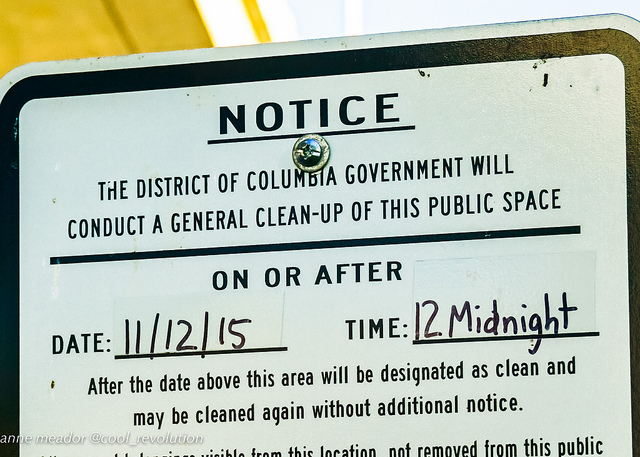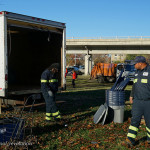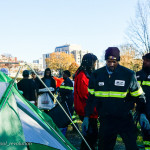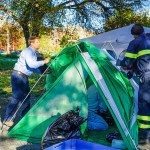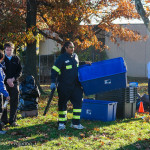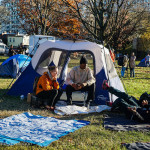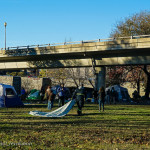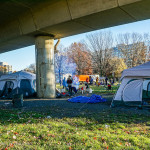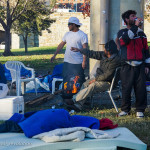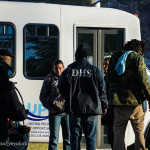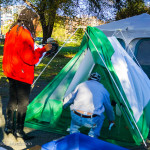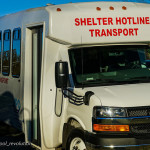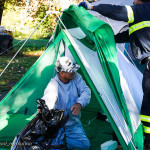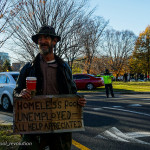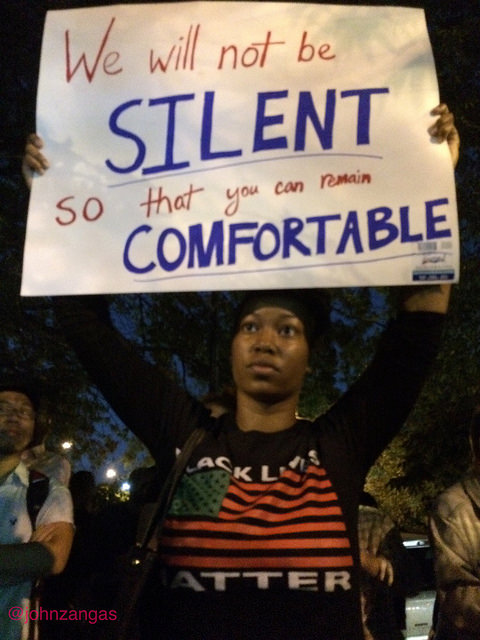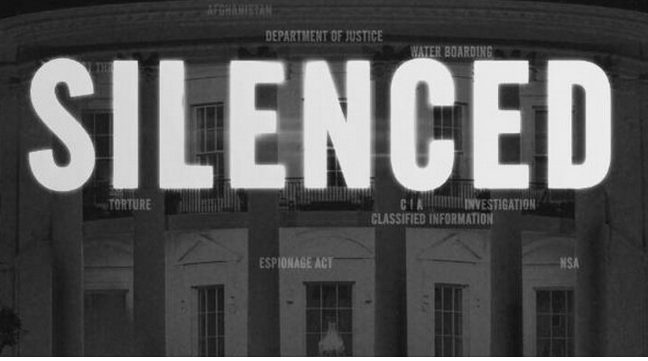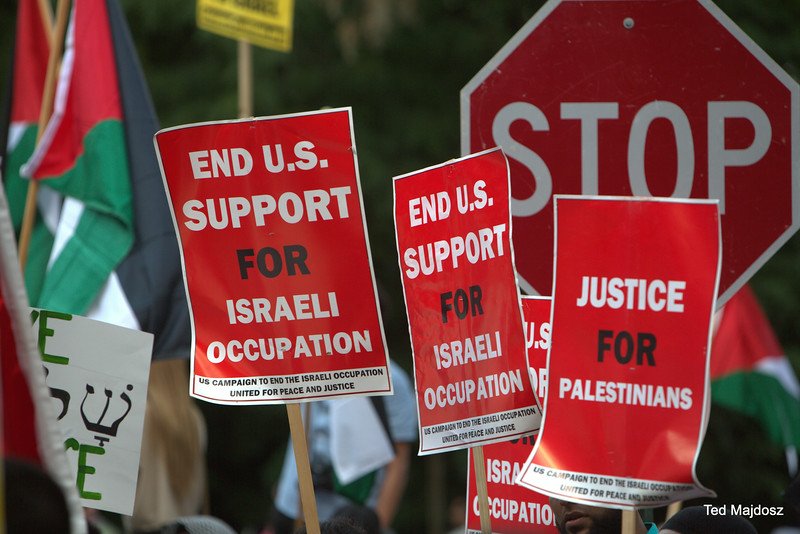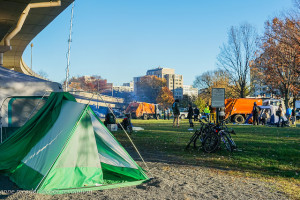 Just as a cold front blew into town, a tent encampment was razed on Friday in a multi-agency effort to clear out the homeless from many areas around the District.
Just as a cold front blew into town, a tent encampment was razed on Friday in a multi-agency effort to clear out the homeless from many areas around the District.
Many people without other shelter have long occupied the space among the chaotic roadways and overpasses between Rock Creek Parkway, the Whitehurst Freeway, and K Street. A few days ago, the occupants were given notice to vacate the area, but few have anywhere to go.
Many of the tents were disassembled without protest, while some camp residents vowed to defend their makeshift homes. A few advocates for the homeless arrived to witness the camp’s destruction, but they did not interfere. A Metropolitan Police Department vehicle was parked among the moving vans and orange trash compactor trucks, and someone from the Department of Homeland Security conferred with Department of Health and Human Services employees.
Notices of “infraction” were pinned to the few remaining tents late Friday afternoon, and even to trees where tents had been. Workers pulled belongings out of tents and threw them into trucks. The notice cited District codes which prohibit tents in public places and the occupancy of public space without a public permit. It was issued by the Department of Transportation and dated November 20 at 2pm, the time the eviction began.

James and Kassandra, two residents who occupy tents separated from the others by busy on- and off-ramps, expressed their outrage. Kassandra said she was going to stand her ground. She was worked up from a confrontation with the eviction team and apologized for showing her “ugly side,” but she was convinced that the District was trying to deceive her.
Both she and James said that the day before, they had been shown an apartment but not been given the means to secure it. Kassandra said she believed that it was a meaningless gesture if she didn’t have keys in hand on the day they were trying to take away her tent.
Diana Pillsbury, a homeless advocate on the scene, agreed with Kassandra’s assessment. The District, she believed, was giving some homeless people the opportunity to apply for housing, but that didn’t mean that they would receive it.
In dissolving the camp, the unspoken wish is that these people would just disappear, and they’d become someone else’s problem. “It’s getting close to Thanksgiving. It’s a more generous season,” Pillsbury said.
Mayor Muriel Bowser has made ambitious statements about ending homelessness in the District. Last February, she announced her intention to end family homelessness by 2018. In September, she unveiled another plan to facilitate emergency placement of families.
But there are few families among the residents of this encampment, and they would not be eligible for emergency assistance under new guidelines.
Guerrero, a resident of the encampment, had no plan if his tent was taken. He said he had been notified a few days earlier that they wouldn’t be allowed to stay, but he wasn’t given any option for housing or offer of assistance.

He said he had lived there for four years, even though he has regular employment as a cook. He says it’s too expensive to get housing in the District, even with a job.
“This is not the life for me,” he said.
They had been very respectful of the environment there, Guerrero said. He was wearing only a white t-shirt, even though the breezy day was chilly.
A handful of occupants gathered around a few tents as the rest of the camp was slowly cleared out. Someone built a campfire. One man lay on cardboard completely covered in a blanket except for his shoes. Muddy patches from yesterday’s rain got muddier. A satellite truck from a TV news station was parked next to the bus that read “Shelter Hotline Transport” on the side. Nobody got on it.
UPDATE:
Nearly a week after notices were posted that tents and belongings would be removed, about seven tents remained in defiance of District orders. A fence has been erected to block the large central space. On Thanksgiving, several people dropped by with food for the holiday.
VIDEO: Paul Lee Taylor, a resident of “Camp Watergate,” as some people call it, talks about the failures of the system and what he feels could be done to improve their situation.

